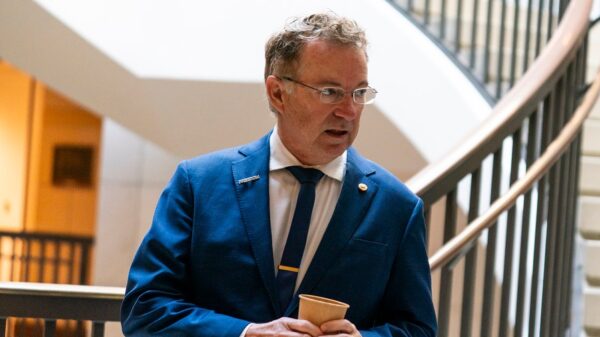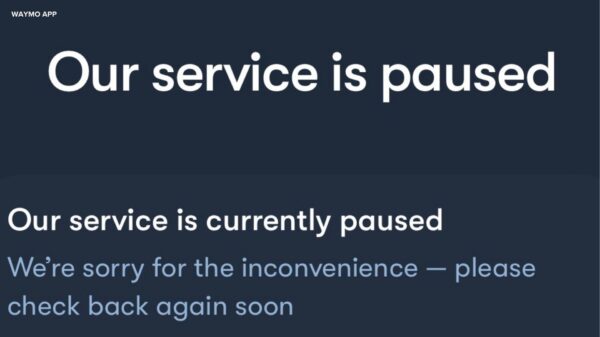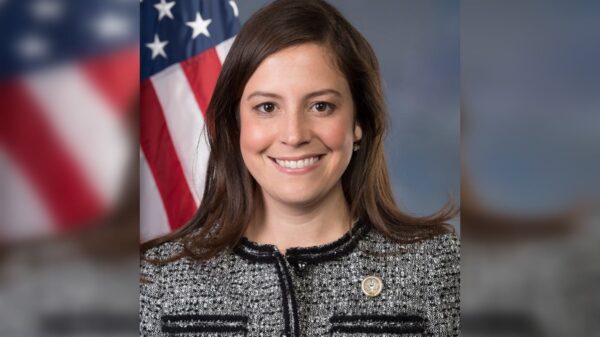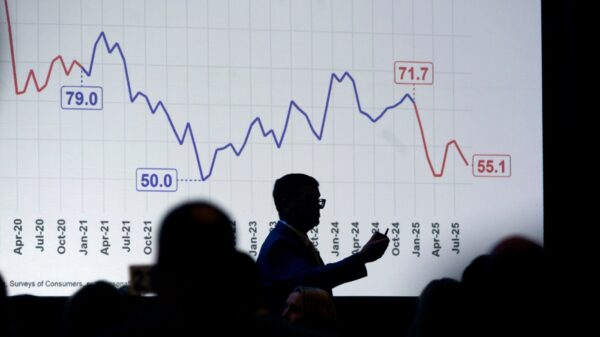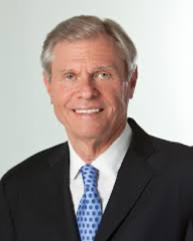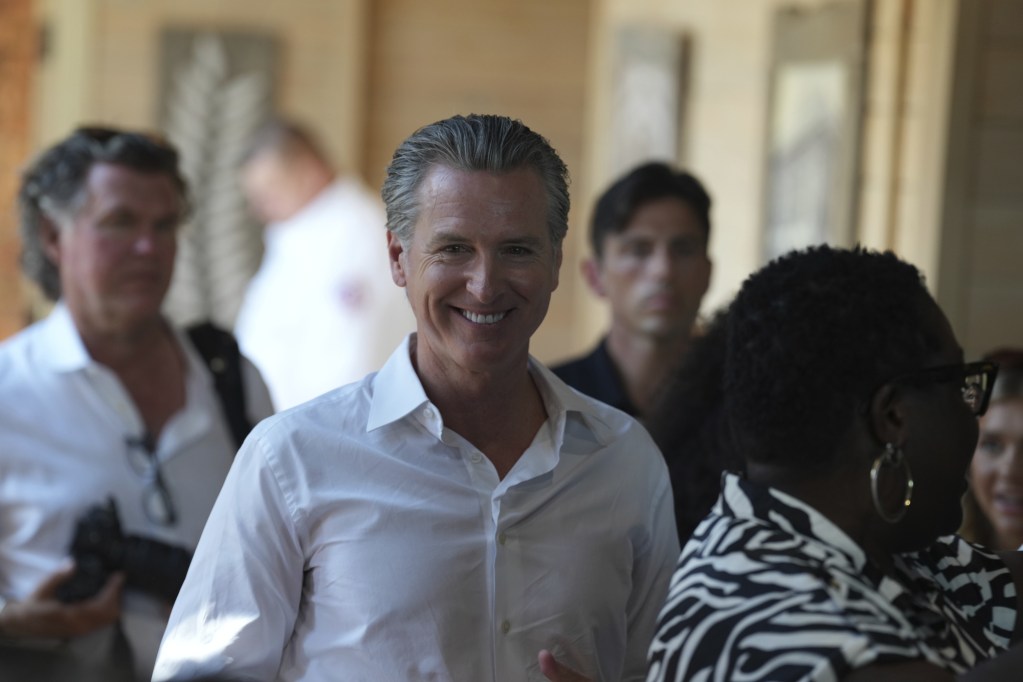California Governor Gavin Newsom is transforming his public image as he continues his pursuit of the presidency. Striving to connect with voters, Newsom is shedding his previous persona in favor of a more assertive and relatable character. This shift comes in response to dwindling approval ratings, with a recent poll from the Public Policy Institute of California revealing that only 44% of residents approve of his performance. Many voters believe that Newsom prioritizes his interests over those of Californians, a sentiment echoed by a Berkeley IGS poll that suggests most think he only occasionally puts their needs first.
In a bid to resonate more with male voters, Newsom has adopted a tone reminiscent of masculinity, appearing on the Shawn Ryan Show, a podcast hosted by a former Navy SEAL. During his appearance, he showcased a newfound enthusiasm for outdoor activities such as bow hunting and skeet shooting, surprising many who were previously unaware of his interests. This pivot marks a stark contrast to his earlier criticisms of “toxic masculinity,” as he now embraces a more rugged image.
Newsom’s campaign strategy appears to be influenced by the Democratic Party’s recent struggles in engaging male voters, particularly following the setbacks in the November elections. A recent poll from March 2023 indicated that nearly two-thirds of Democrats desire assertive leadership, especially in opposition to former President Donald Trump. In this context, Newsom’s new persona is designed to project strength and determination.
On social media, Newsom’s team has ramped up their aggressive rhetoric, with posts that some would consider controversial. One particular tweet referred to White House Deputy Chief of Staff Stephen Miller as a “fascist cuck,” a comment that Newsom later defended, stating he would not apologize for it. This reflects a broader trend in political discourse where aggressive language has become more commonplace.
As part of his rebranding, Newsom has distanced himself from past decisions that have drawn criticism. He previously implemented one of the strictest COVID-19 responses in the nation, yet during his podcast appearance, he expressed regret about some of those measures, particularly the closure of beaches and open spaces. His acknowledgment of these missteps may signal an attempt to present himself as adaptable and responsive to public sentiment.
In another instance, Newsom addressed criticisms regarding his efforts to clean up San Francisco ahead of a visit from Chinese President Xi Jinping. He dismissed claims that the cleanup was merely for show, labeling those assertions as “complete bulls—.” This unapologetic stance aligns with his efforts to cultivate a more forthright and blunt public image.
As Newsom continues to navigate his presidential ambitions, he appears committed to maintaining this new persona as long as it resonates with voters. Observers will be keen to see how this transformation impacts his standing within the party and among the electorate as the election cycle progresses.


